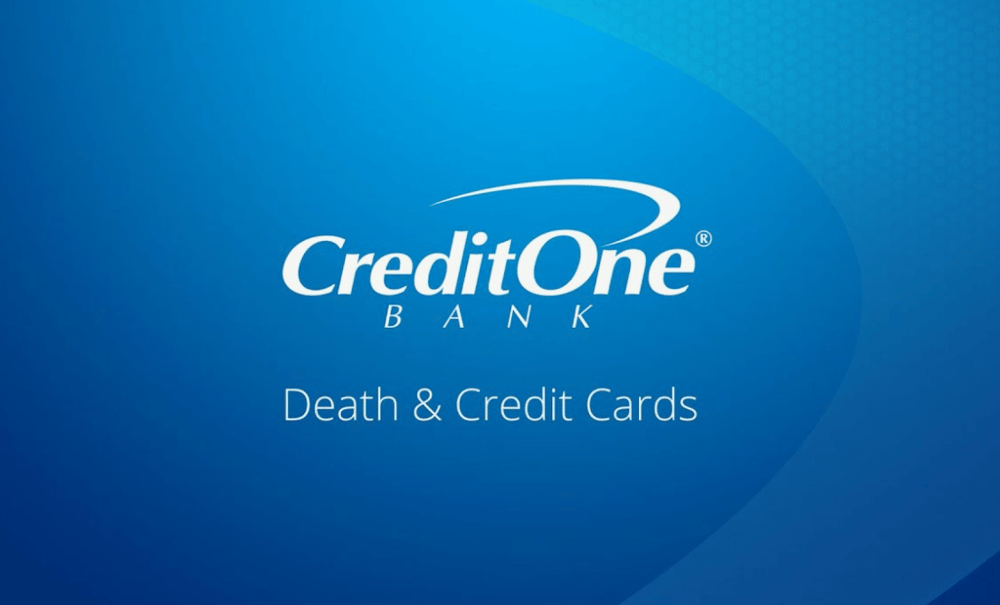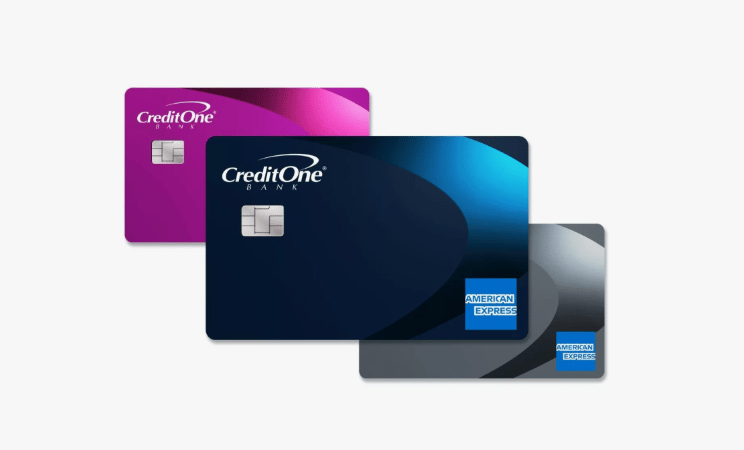Credit One Bank Faces Legal Aftermath as Debt Collection Settlement Reaches Consumers
Credit One Bank, one of the major credit card issuers in the United States, has come under increasing legal scrutiny over alleged unfair debt collection practices. After several years of litigation, a class action lawsuit has resulted in a substantial financial settlement. The payments are now being distributed to eligible consumers, marking a significant moment in consumer protection enforcement.
Debt Collection Allegations and Systemic Issues in the Credit Industry
The core of the legal case against Credit One Bank focused on allegations of improper and aggressive debt recovery methods that may have violated the Fair Debt Collection Practices Act (FDCPA). Plaintiffs accused the bank and its agents of pursuing debts already paid, reporting inaccurate information to credit bureaus, and harassing borrowers through repeated collection attempts.
This case reflects broader systemic concerns within the U.S. credit card industry, where high-interest debt, opaque collection procedures, and limited regulatory oversight have combined to create conditions ripe for abuse. The settlement, while not an admission of guilt, suggests the bank has chosen to mitigate reputational and financial risk through negotiated resolution.

📌 Quick Facts:
🏦 Credit One Bank is one of the largest subprime credit card issuers in the U.S.
⚖️ The class action lawsuit targeted alleged violations of federal consumer protection laws.
💰 Settlement funds are now being disbursed to affected consumers.
📉 The case has reignited debate on ethical standards in debt collection.
🔎 Increased regulatory scrutiny is expected across the financial sector.
💬 Market Reactions and Broader Commentary
While the case has limited direct impact on stock markets, it serves as a cautionary signal for financial institutions and investors regarding the legal risks tied to consumer credit practices. Analysts note that banks heavily exposed to subprime lending may face growing pressure from both regulators and advocacy groups.
The Consumer Financial Protection Bureau (CFPB) has recently intensified oversight of debt collection processes, pushing for greater transparency and accountability. This settlement could lead to stricter compliance requirements across the credit card sector, increasing operational costs and potential legal liabilities.
Industry observers suggest that reputational damage—even without regulatory penalties—can have long-term consequences for customer trust and brand equity.

🔑 Key Takeaways:
Credit One Bank has settled a class action lawsuit tied to debt collection practices.
Eligible consumers are receiving compensation, signaling legal closure.
The settlement reflects broader concerns about transparency in consumer finance.
Regulatory attention on credit card issuers is expected to intensify.
Long-term reputational risks remain for institutions operating in the subprime segment.
A Precedent for Consumer Accountability in Financial Services
The Credit One Bank settlement marks a notable precedent in holding credit issuers accountable for aggressive and potentially unlawful collection tactics. As consumers gain access to compensation, regulators and industry players alike are likely to reevaluate risk exposure tied to compliance with federal debt collection laws.
This case underscores the growing importance of ethical standards in consumer finance—and may prompt financial institutions to strengthen internal controls, enhance transparency, and reassess third-party relationships within the debt collection ecosystem.















Comments